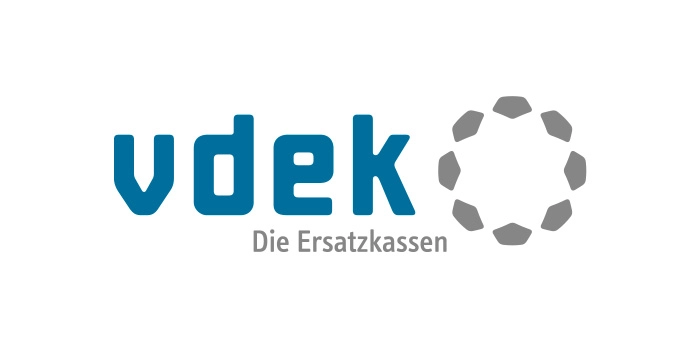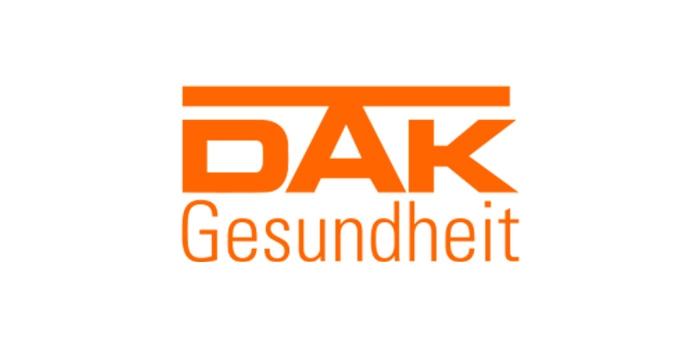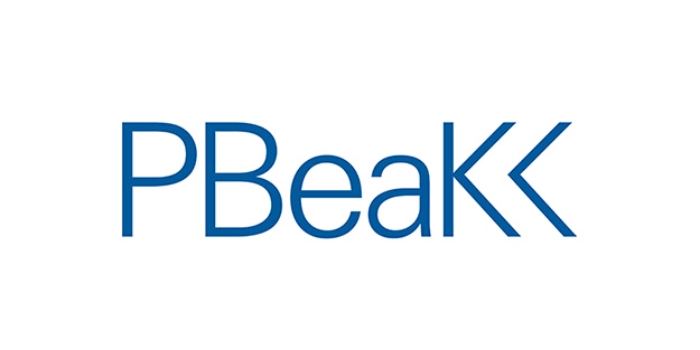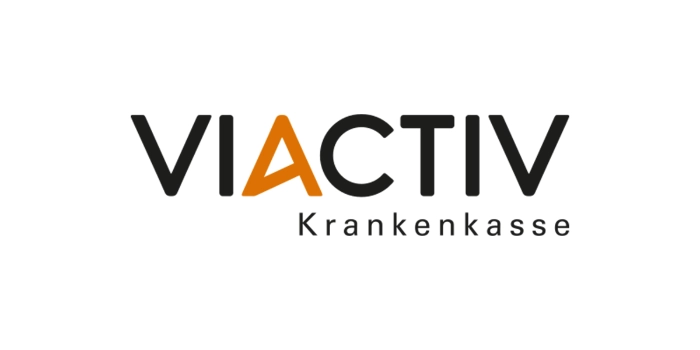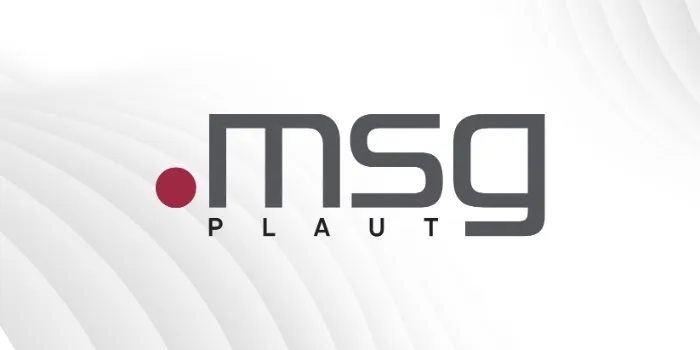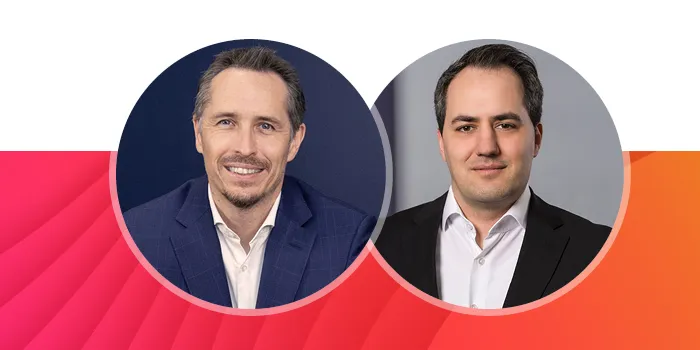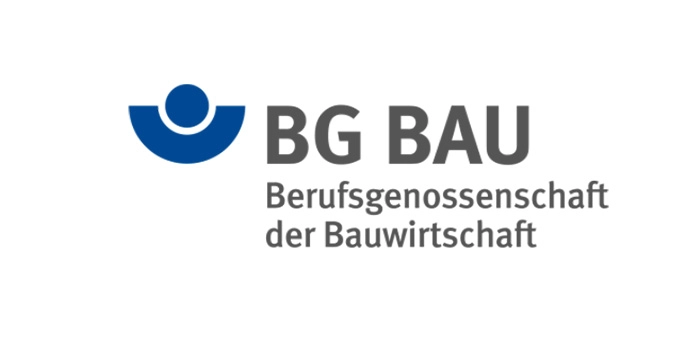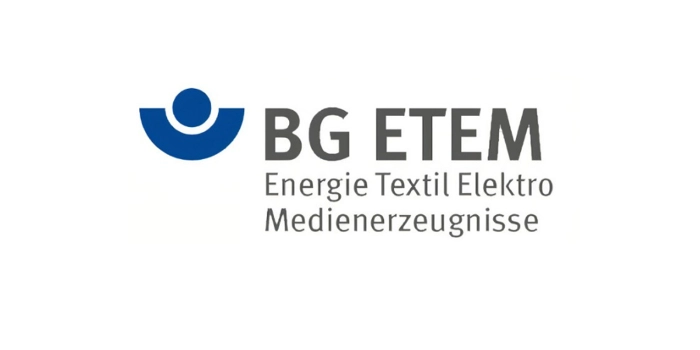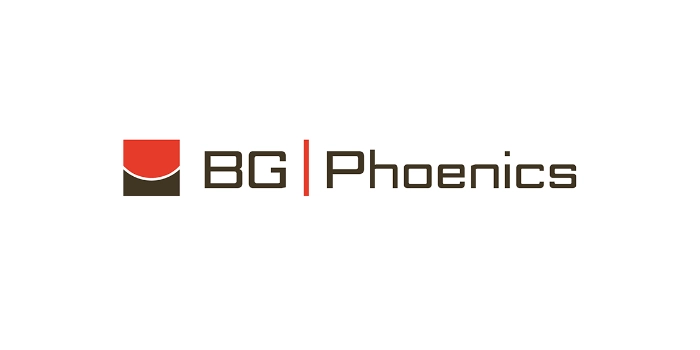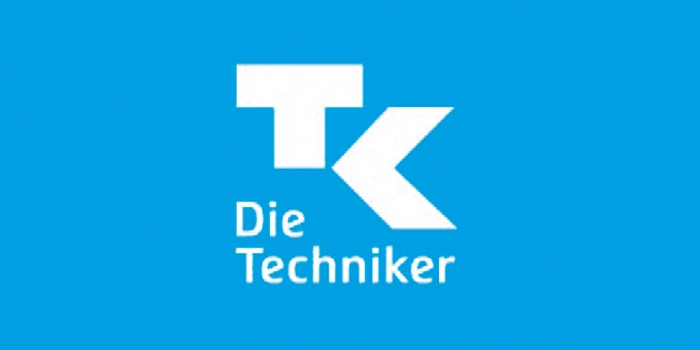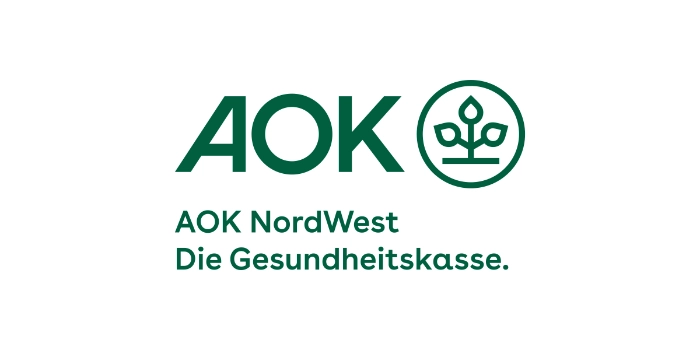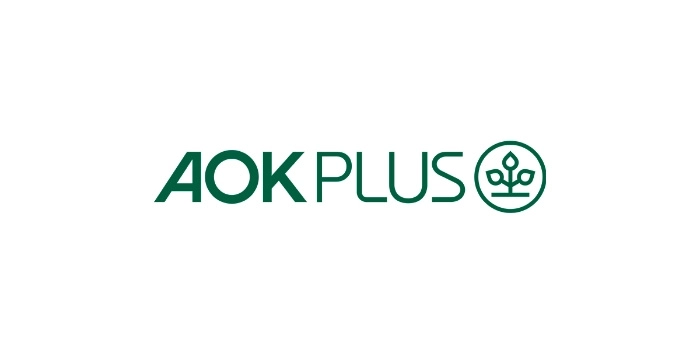Success Story
DAK-Gesundheit is not only one of Germany's five largest statutory health insurance providers—it is also a company steeped in tradition. DAK-Gesundheit is a self-governing public-law corporation. It is based on the principle of solidarity and has 5.5 million insured members and around 300 offices nationwide.
Success Story
BG BAU offers a wealth of valuable information on its website, but this is often difficult for users to find – both via the internal search function and via external search engines. In addition, the service hotline is only available at certain times, which is a particular hurdle for employees with limited availability. Another problem is the language barrier, which makes it difficult to access important information.
Success Story
BG ETEM relies on digital prevention: With a new intranet application for managing hazardous substances, creating risk assessments, and accident management, safety in companies is ensured more efficiently and in compliance with legal requirements.
Success Story
BG Phoenics is modernizing its core system with a service-based application landscape. Innovative technologies such as Angular and a SAFe-based approach are being used to efficiently digitize business processes—from member management to payment processing.
Success Story
Techniker Krankenkasse (TK) is Germany's largest statutory health insurance provider with 11.6 million members and is considered a pioneer in the digitization of healthcare. It offers its members innovative digital health services and apps to support prevention and health management.
Success Story
VIACTIV health insurance is taking a decisive step into the digital future: the new service app makes it easier to access healthcare services and makes the administration of insurance matters more efficient.
Success Story
AOK NordWest and msg are digitizing maternity logbooks to improve prenatal care. The web and app solution securely and efficiently connects expectant mothers, midwives, and doctors. The goal: to reduce premature births, increase breastfeeding rates, and optimize healthcare.
Success Story
In collaboration with AOK Plus, msg has developed the “Healthcare Marketplace,” which offers insured persons and service providers seamless digital networking. With individually tailored offerings and a powerful integration platform, processes are efficiently digitized and optimized.




